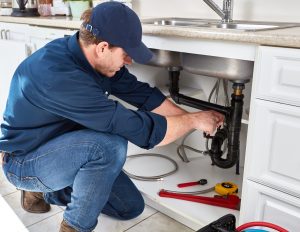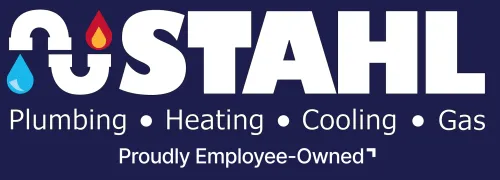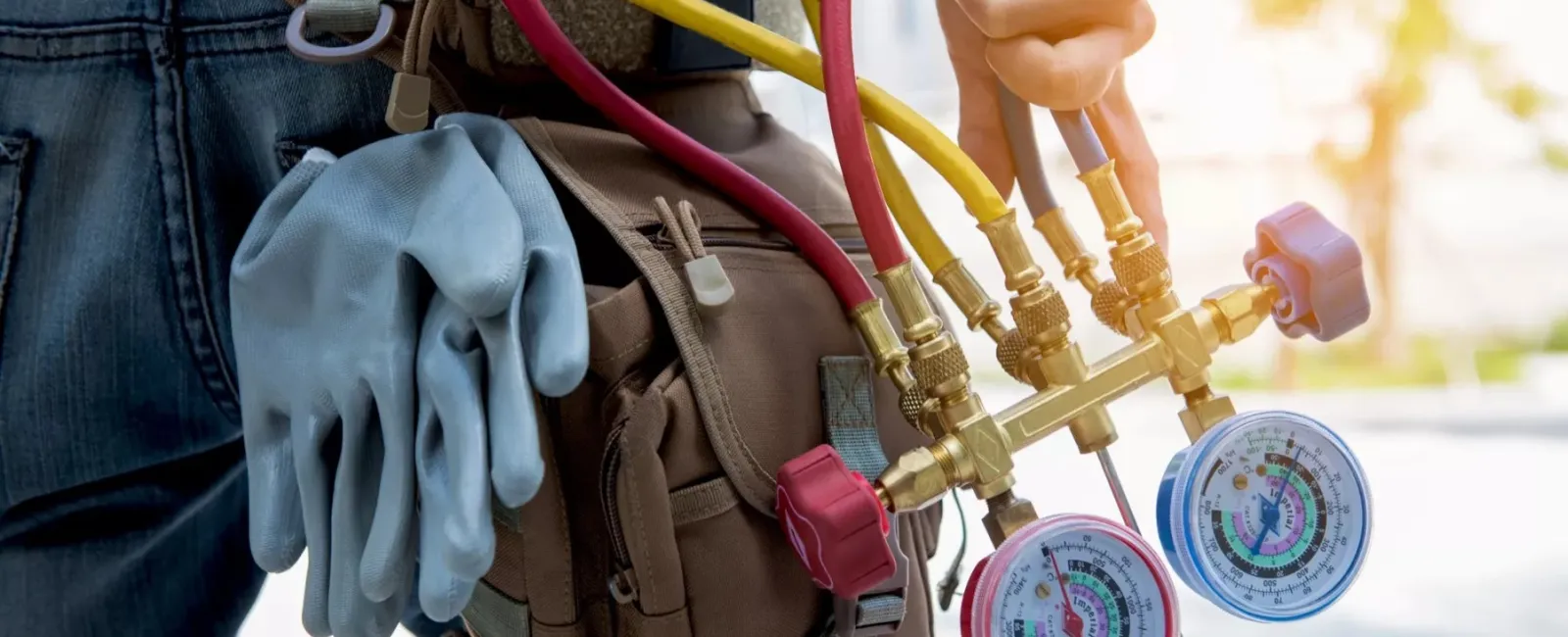After your offer on a home is accepted, every home buyer has a limited window of time where they can bring in experts to perform inspections and make sure the home isn't hiding any serious issues that would lead to increased costs for the buyer.
In some cases, homeowners might pay for an overall home inspection from a licensed inspector that reviews everything in a home, including structures, insulation, electric, plumbing, and other aspects of the building. But some homeowners may choose to specifically seek out a plumbing and pipework inspection to make sure this infrastructure isn't a potential hot-bed of costly plumbing issues that could lead to further damage throughout the home.
If you're a house-hunter interested in a plumbing inspection, here's what you need to know about this process.
What is Involved in a Plumbing Inspection?
For some homeowners worried about potential plumbing issues, a home inspection is sufficient to allay any fears that would stop them from buying a house. But a plumbing inspection can offer a higher degree of assurances because it is conducted by a plumbing expert, rather than a home inspector with a general background.

In a plumbing inspection, a licensed plumber will walk through the home and check the water heater for signs of leaking or other wear and tear. The plumber will also inspect sinks, faucets and piping for not only visible leaks, but also hidden leaks that are harder to detect, as well as signs of wear and tear that could cause leaks in the near future.
While individual home-buyers can spot clearly visible leaks on their own, hidden leaks are potentially risky because they can cause significant damage to your home before outwardly visible signs develop. A plumbing expert knows how to examine a home for these leaks, and can give you a stamp of approval if everything looks okay.
The Benefits of Getting a House Inspected Before Buying
Whether you opt for a plumbing-specific inspection or an overall house inspection—or even both—you're able to take advantage of several benefits as a home-buyer. These include:
- Better information about the property you're buying. A house is a major purchase, and unidentified plumbing issues can increase the cost of ownership significantly.
- The opportunity to lower your purchase price. Known plumbing issues—or other issues that turn up in a home inspection—can be a negotiating tool as you finalize the purchase agreement with the selling party. As a buyer, you do have some leverage in this negotiation, and it can lead to a more favorable purchase price.
- The ability to address emerging plumbing issues before your house suffers damage. Corroded pipes, small leaks and other minor plumbing issues can spiral into major problems if left unaddressed. An inspection gives you the opportunity to identify and itemize these points of concern—and take preventative action, rather than paying for repairs.
- Protection from buying a home you might later regret. In some cases, an inspection can turn up issues so serious and costly that you change your mind about purchasing a home. While this decision is often painful and discouraging, it may be your best financial option.
Tips for Buying a House With Plumbing Problems
While a plumbing inspection will often turn up underlying issues that need to be addressed, these issues don't necessarily mean you can't go forward with the home purchase. It all depends on the cost of addressing these plumbing repairs, as well as the urgency with which repairs need to be made.
After you've identified all of the plumbing issues with a potential home, you can improve your personal outlook by taking the following steps:
- Get estimates for repairs you consider essential. Whether you plan to negotiate with the sellers or pay for certain repairs on your own, get estimates to make sure you know what kind of costs need to be accounted for.
- Re-negotiate the sale price with the sellers. A failed plumbing inspection may be disappointing for buyers, but the costs represented by those newly discovered issues could be offset through negotiations with the selling party. You could ask the seller to lower the purchase price based on the estimated costs of identified plumbing issues, or ask the seller to pay to fix those problems for you. While compensation is never guaranteed, you might be able to improve your financial position as you finalize your new home purchase.
- Consider taking out a home warranty to cover potential problems. Most home warranties cover certain appliances and structures in your home for the first year of ownership. This could offer great financial coverage if your warranty covers plumbing issues that develop, such as a burst pipe or a plumbing appliance breakdown. Check the coverage of any home warranty to see how you're protected before you buy. You can even try asking the seller to purchase this policy for you.
What if I Experience Plumbing Problems After Buying a House?
Every home buyer fears a scenario where they buy a home and immediately experience a major breakdown or repair need that costs them a small fortune. Unfortunately, these costs are almost always the responsibility of the homeowner at that time. While a home warranty may offer coverage for some of these costs, any remaining bills will be yours to pay—which is another reason to invest in a plumbing inspection and protect yourself from expensive surprises as a new homeowner.
While plumbing inspections aren't always necessary, they're a simple and valuable way to reduce your risk as a buyer, and to invest in a more structurally sound home. Contact a local plumbing specialist to schedule an inspection as you shop for a new home.

